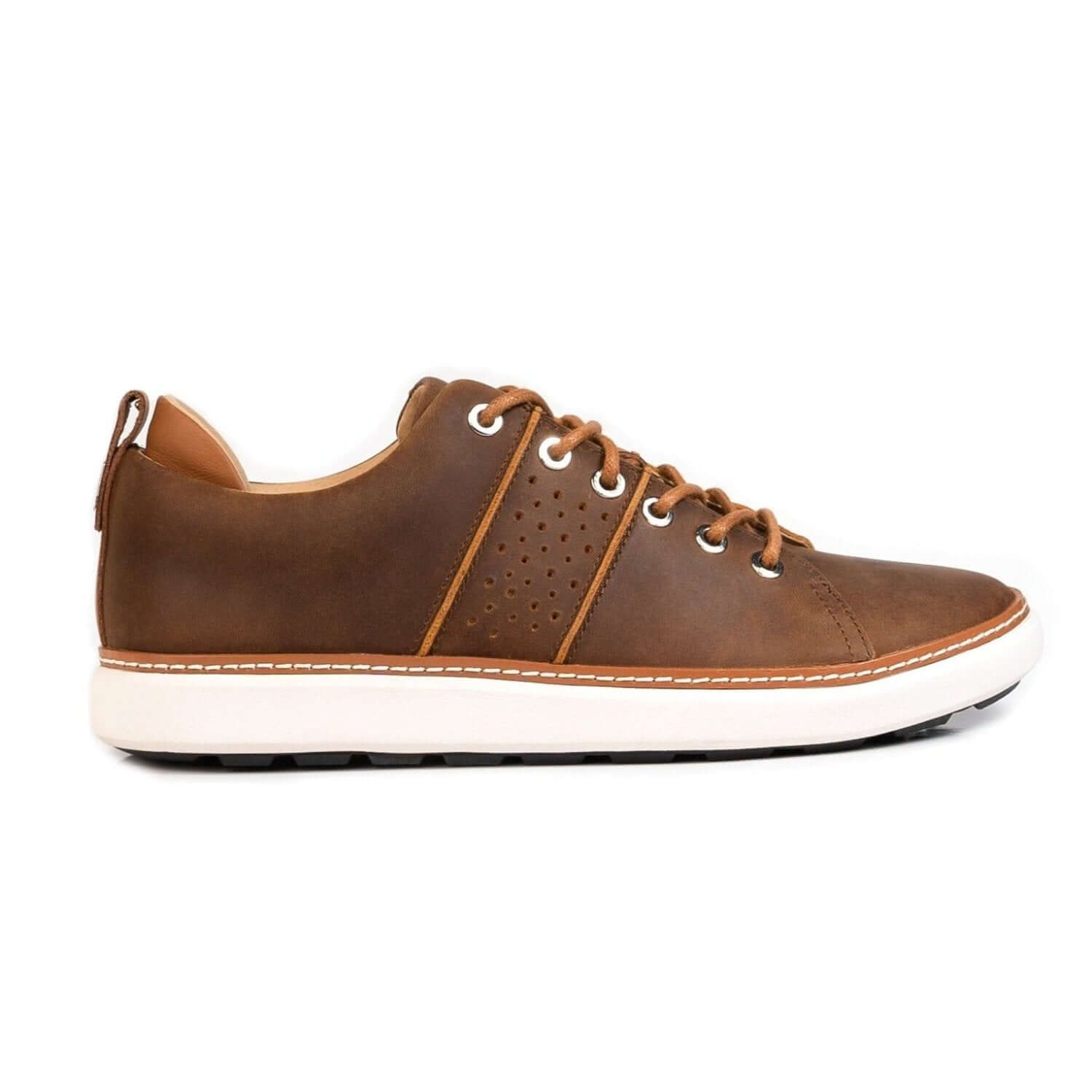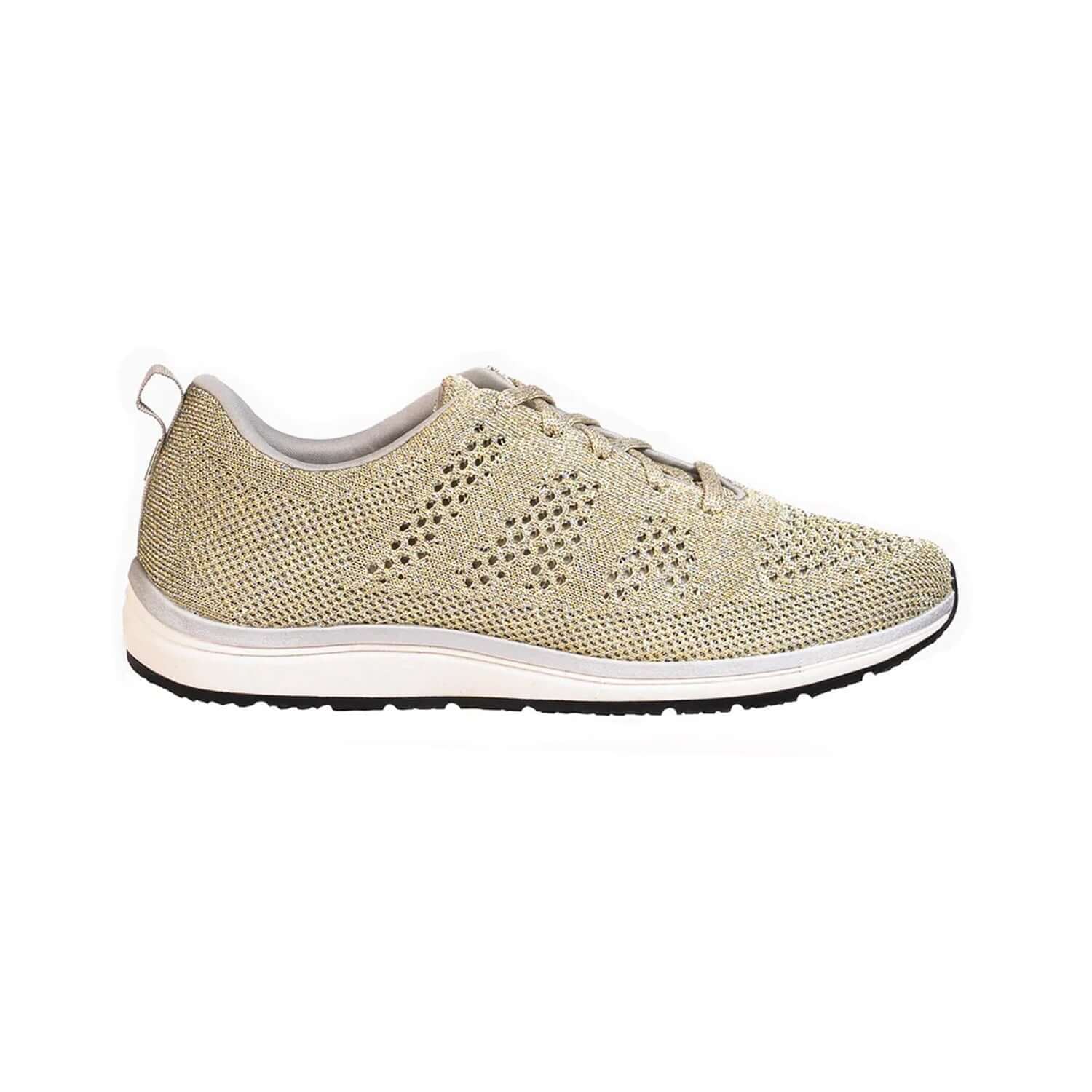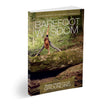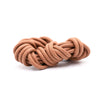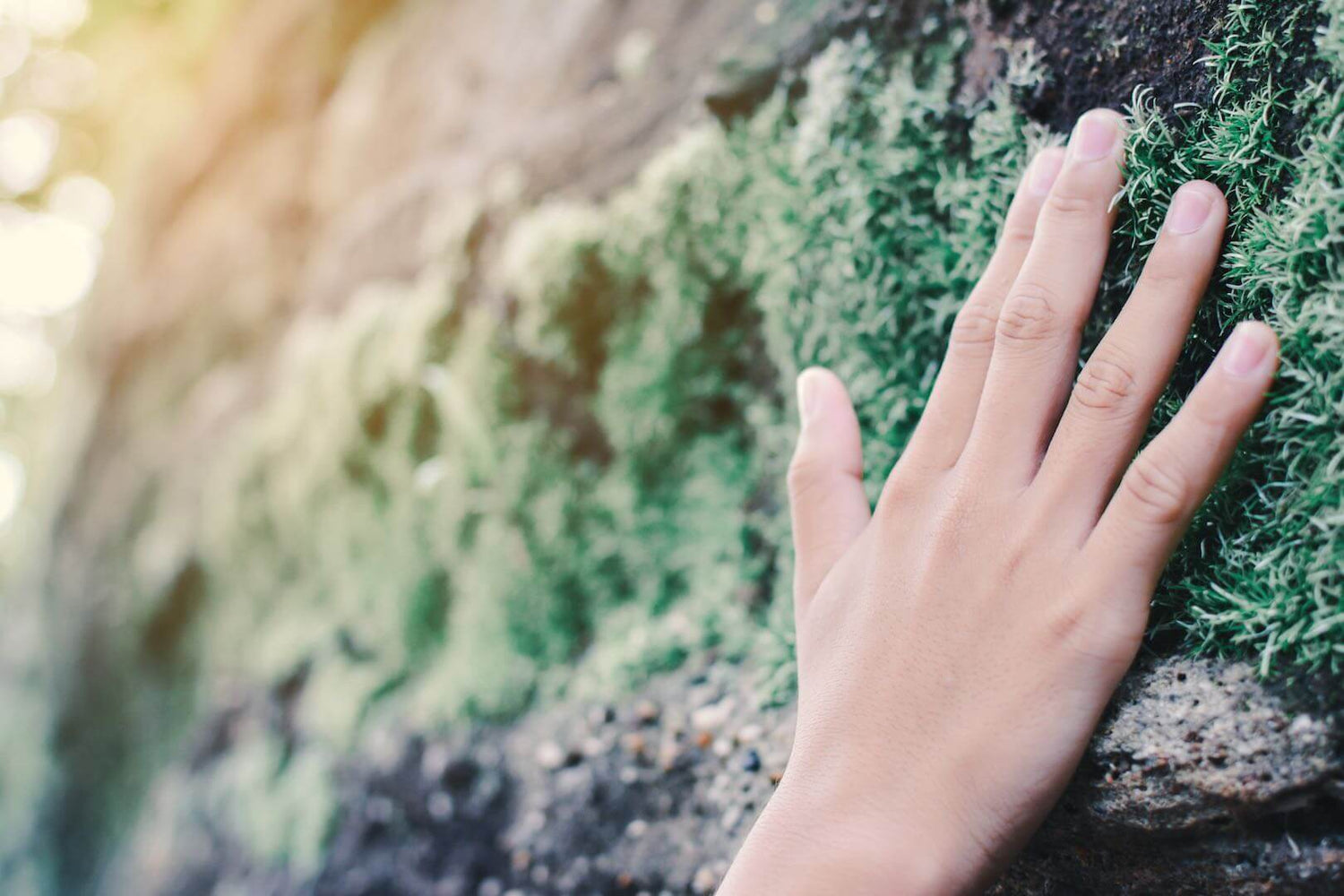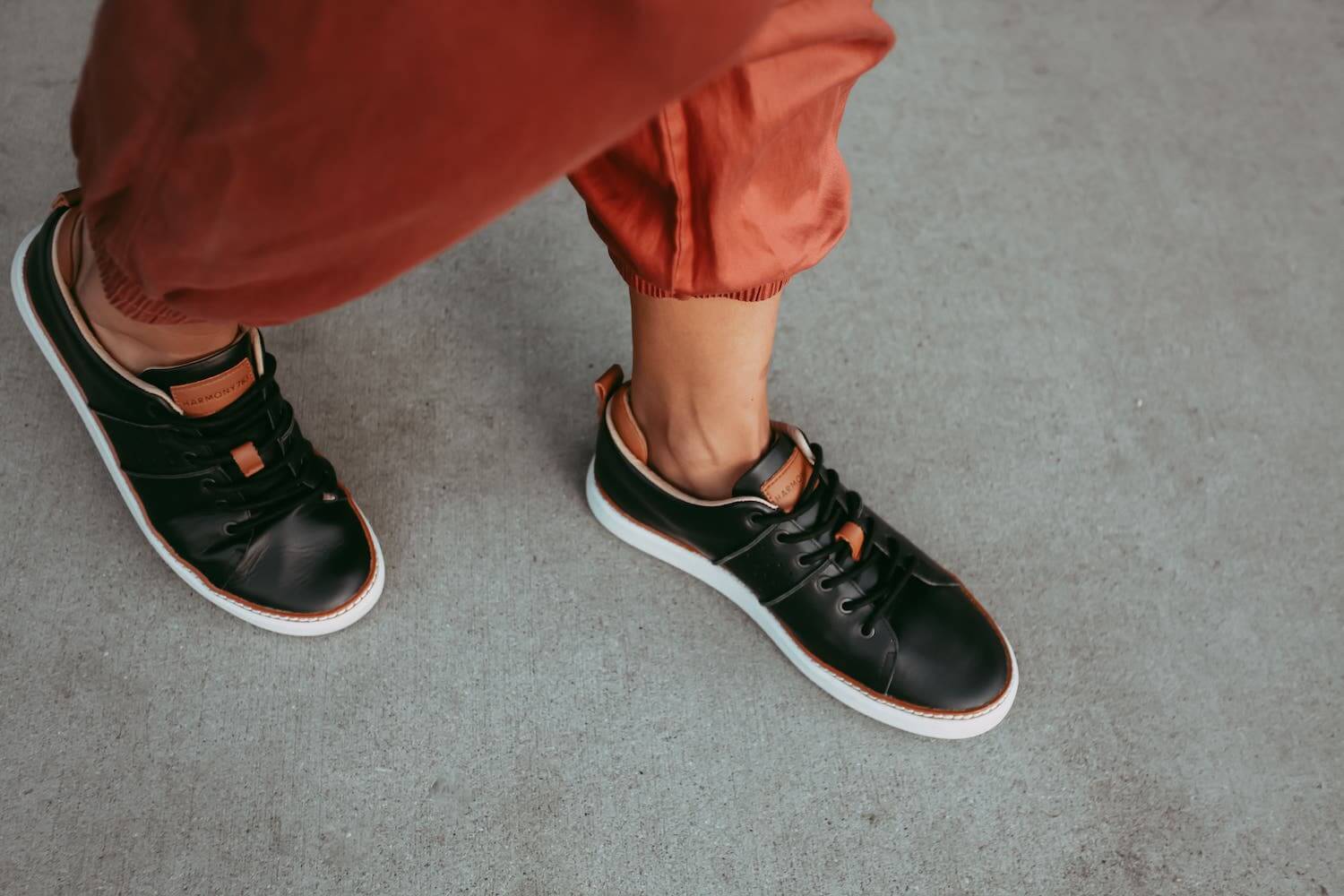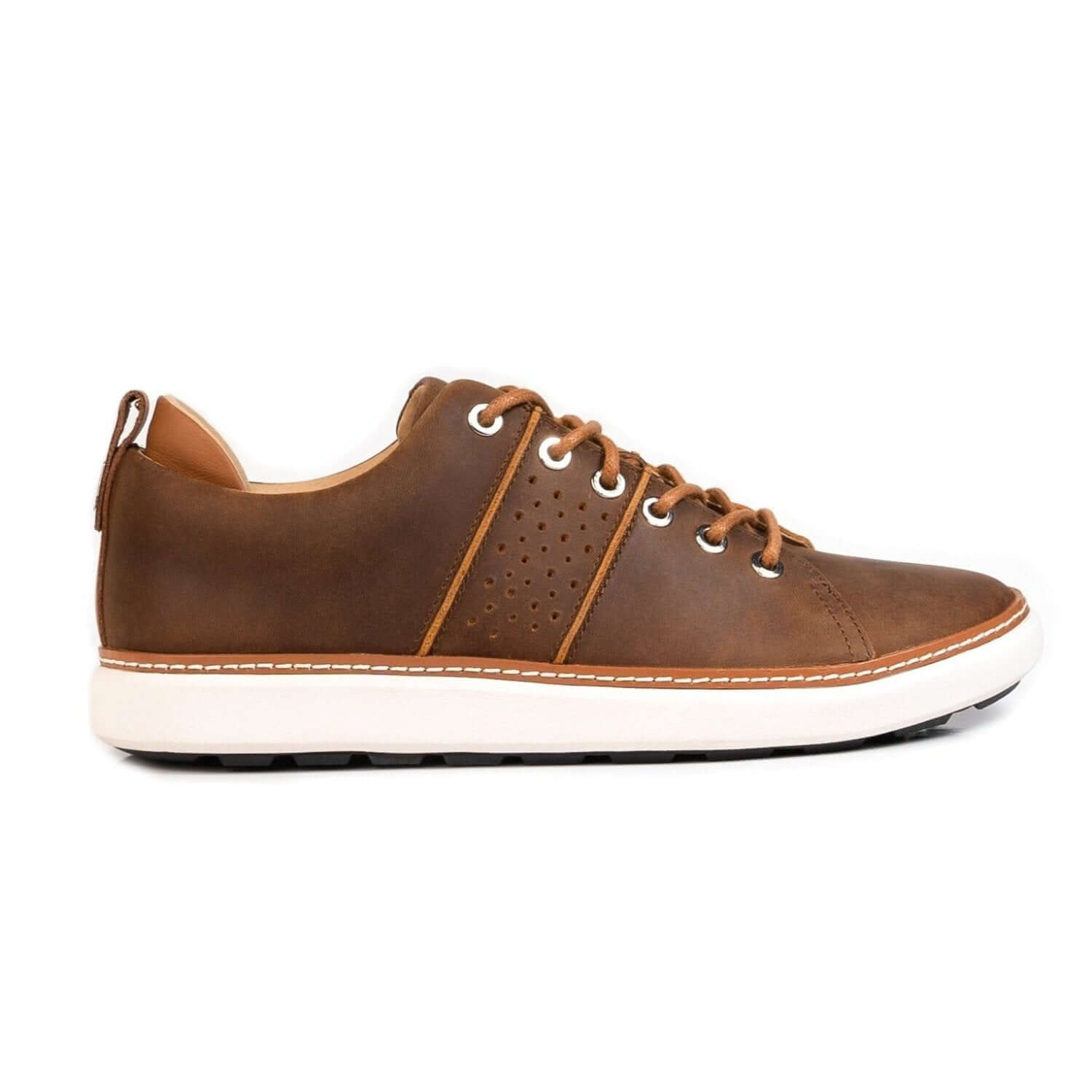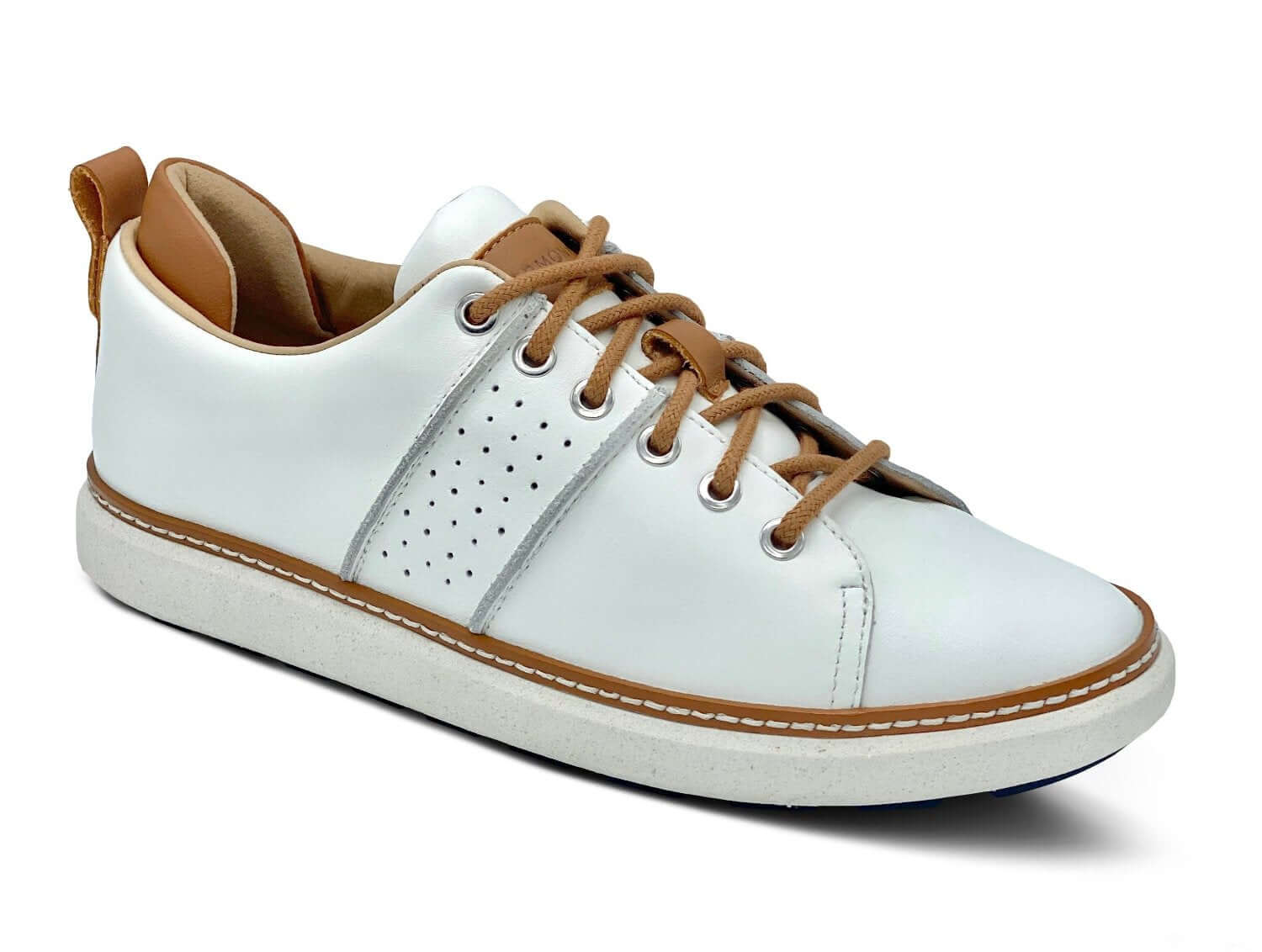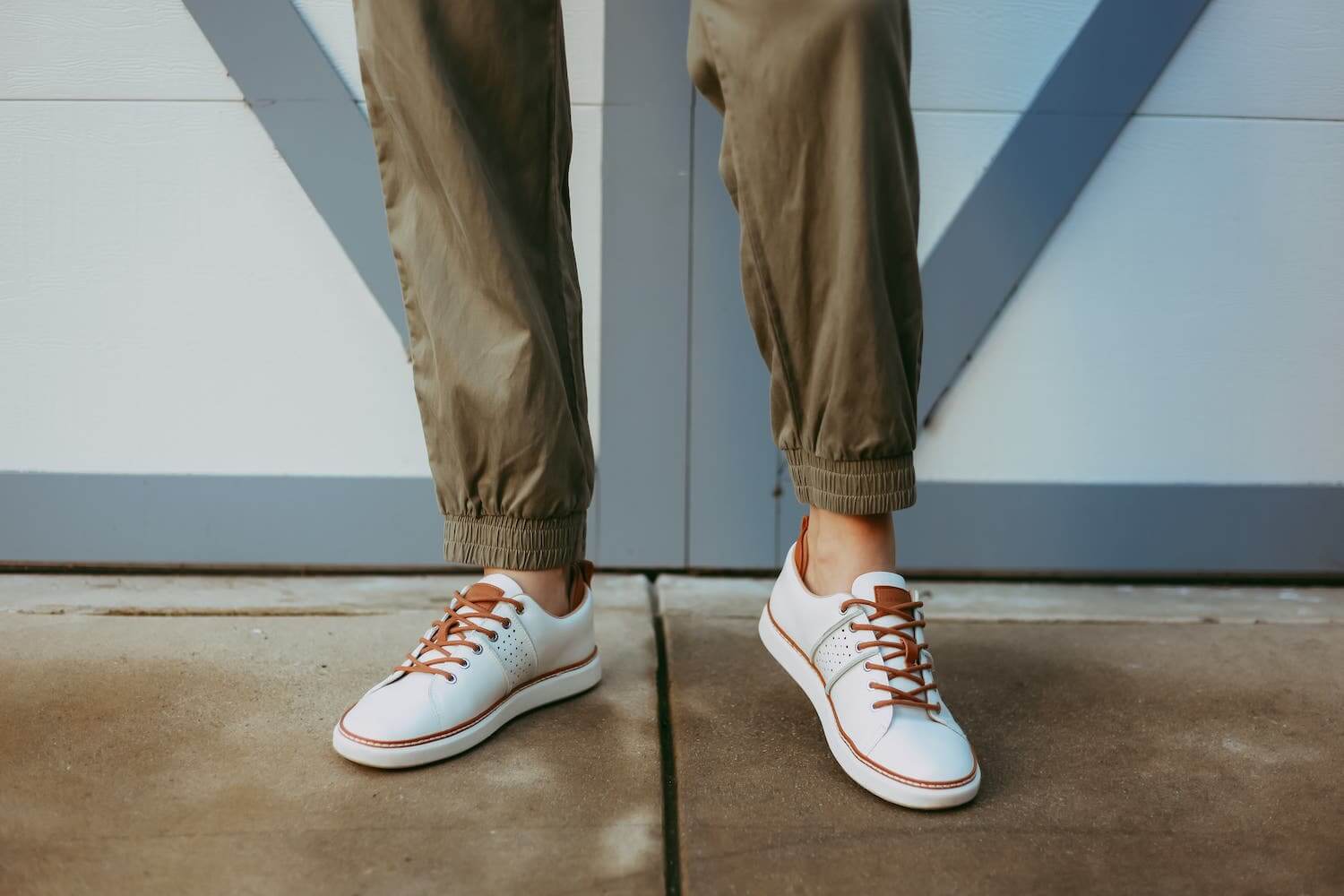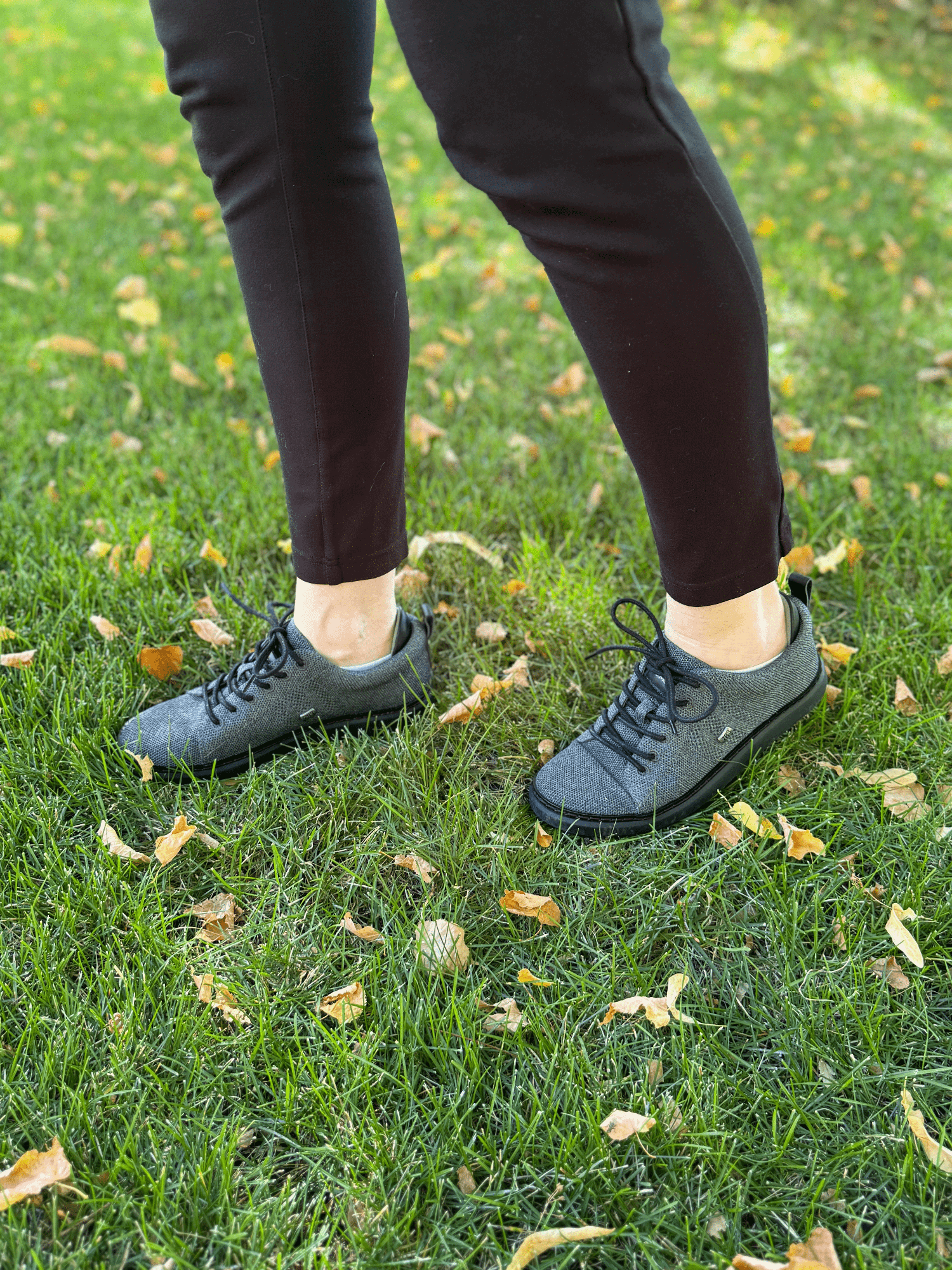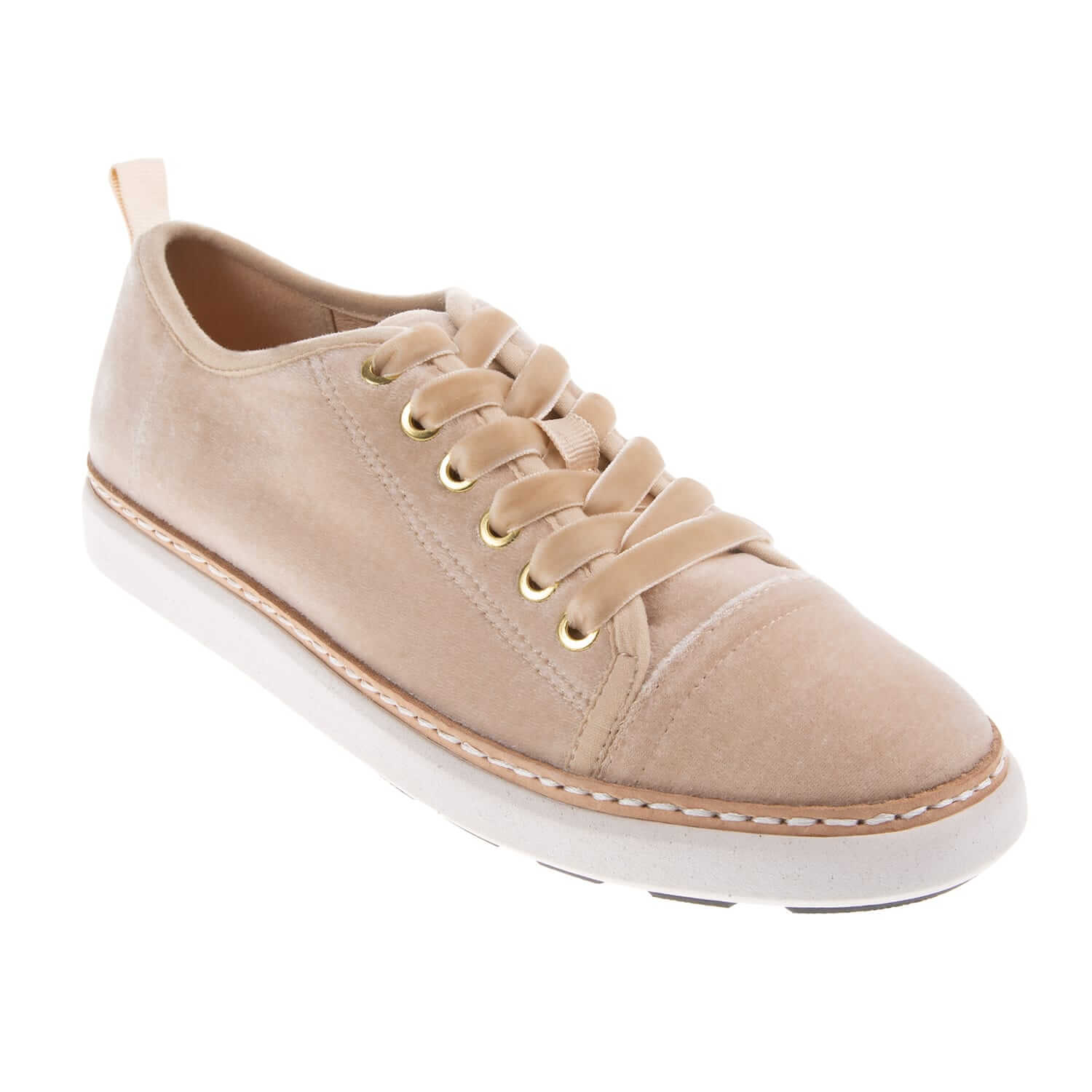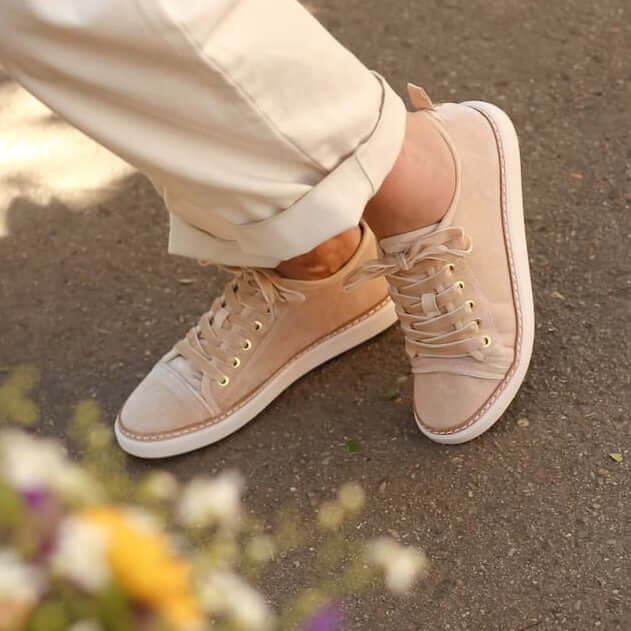Taking care of your body should always be a top priority. Rather than relying solely on pharmaceutical remedies, medications, or expensive treatments promising life-changing results to help alleviate various health issues, more people are seeking more natural (yet effective) and less costly means to find relief and lasting solutions—methods that work. one of the simplest, yet most powerful approaches is grounding, also known as earthing.
What could be better than using the earth itself as a natural agent for comfort? This is the philosophy behind grounding. The scientific and medical communities have only recently started to take a more in-depth look at the potential health benefits of grounding. A growing number of peer-reviewed and published studies have concluded grounding is not far-fetched nor a hollow promise.
Grounding is the practice of connecting with the earth’s electrical field through direct bodily contact.

Touching a rock, walking in our grounding shoes on grass or sand, or working in your garden with much of your skin exposed to the soil are all forms of grounding. And yes, hugging a tree does ground you.
When inside, taking a shower or sitting in a bubble bath with the water left dripping from the faucet is grounding. This direct contact with the earth brings your body back to a natural state of homeostasis, a balance between your physical and chemical systems.
Some of the most significant scientific findings include reduced inflammation, increased circulation, relief from insomnia, anxiety, and even improved cardiovascular health.
Below is a closer look at some of these conditions and the results of scientific studies showing positive outcomes related to grounding.
Cardiovascular Disease
Heart disease and stroke remain leading causes of death in the United States. According to the American Heart Association, someone dies from cardiovascular disease every 37 seconds, and someone experiences a stroke every 40 seconds.
With such alarming statistics, prioritizing heart health is essential, even for those without a family history or obvious risk factors. Grounding has emerged as a simple, low-cost, and effortless practice that may help support cardiovascular wellness.
Health practitioners often describe healthy blood as having the consistency of red wine, whereas individuals with heart disease can have thicker, more sluggish blood, sometimes compared to the consistency of ketchup.
A 2013 study published in the Journal of Alternative and Complementary Medicine examined the effects of grounding on blood viscosity. Participants wore conductive patches on the palms of their hands and the soles of their feet, which were connected via wires to stainless steel rods in the Earth. Blood samples were taken before and after two hours of grounding. The results showed that the second set of samples had significantly thinner blood, suggesting improved circulation.
Dr. Stephen Sinatra, a board-certified cardiologist and long-time advocate of grounding, highlights that walking barefoot on grass, sand, or dirt for just 30 to 40 minutes can have a meaningful positive effect on heart health. He also supports grounding footwear and wrote the forward to Barefoot Wisdom: Better Health through Grounding, co-authored by HARMONY783’s co-founder Sharon Whiteley and Dr. Ann Marie Chiasson, an allopathic and integrative medical practitioner. As Sharon notes, Dr. Chiasson is “and quite a shaman.”
Inflammation
The Earth is abundant in electrons, which are naturally replenished by phenomena such as lightning strikes. When we come into direct contact with natural surfaces like water, dirt, sand, or grass, our bodies absorb these electrons.
These electrons have a natural anti-inflammatory effect, helping to reduce pain and support overall wellness. Limited contact with the Earth may increase the risk of inflammation and related discomfort.
A 2015 study published in the Journal of Inflammation Research examined the effects of grounding on inflammation and wound healing. The study featured an 84-year-old diabetic woman with an eight-month-old non-healing wound. After several conventional treatments failed, she completed 30-minute grounding sessions daily for two weeks. By the end of the study, her wound had improved by approximately 80 percent, demonstrating the potential anti-inflammatory and healing benefits of grounding.
Insomnia
Many people experience occasional sleepless nights, but chronic insomnia affects a significant portion of the population. Grounding has been shown to support better sleep by helping regulate the body’s stress response and promoting relaxation.
One way grounding can aid sleep is by balancing cortisol levels, a hormone that tends to be elevated in individuals with chronic insomnia. A clinical trial published in the Journal of Alternative and Complementary Medicine examined the effects of grounding on sleep and cortisol regulation. Twelve participants slept on grounding mattress pads for eight weeks. The results showed that nighttime cortisol levels were significantly reduced, leading to improved sleep quality and duration.
Grounding for sleep can be practiced outdoors by ensuring a bare part of the body touches the ground, or indoors using grounding products such as mattress pads, sheets, or multipurpose mats. These products allow you to experience the benefits of earthing while sleeping, sitting, or even standing, making it easy to integrate grounding into your nightly routine.

Concluding Thoughts
Scientific research continues to highlight the many health benefits of grounding. From supporting heart health and reducing inflammation to improving sleep and overall well-being, grounding is a simple, natural, and cost-effective practice.
Whether practiced outdoors by walking barefoot or through the use of grounding products indoors, connecting with the Earth helps reset the body’s natural rhythm and restore balance. It is an accessible approach that can complement other wellness practices and support both physical and mental health.
With its growing recognition in the scientific and wellness communities, grounding offers a practical way to take charge of your health. Experience it for yourself and discover how reconnecting with the Earth can positively impact your body and mind.

